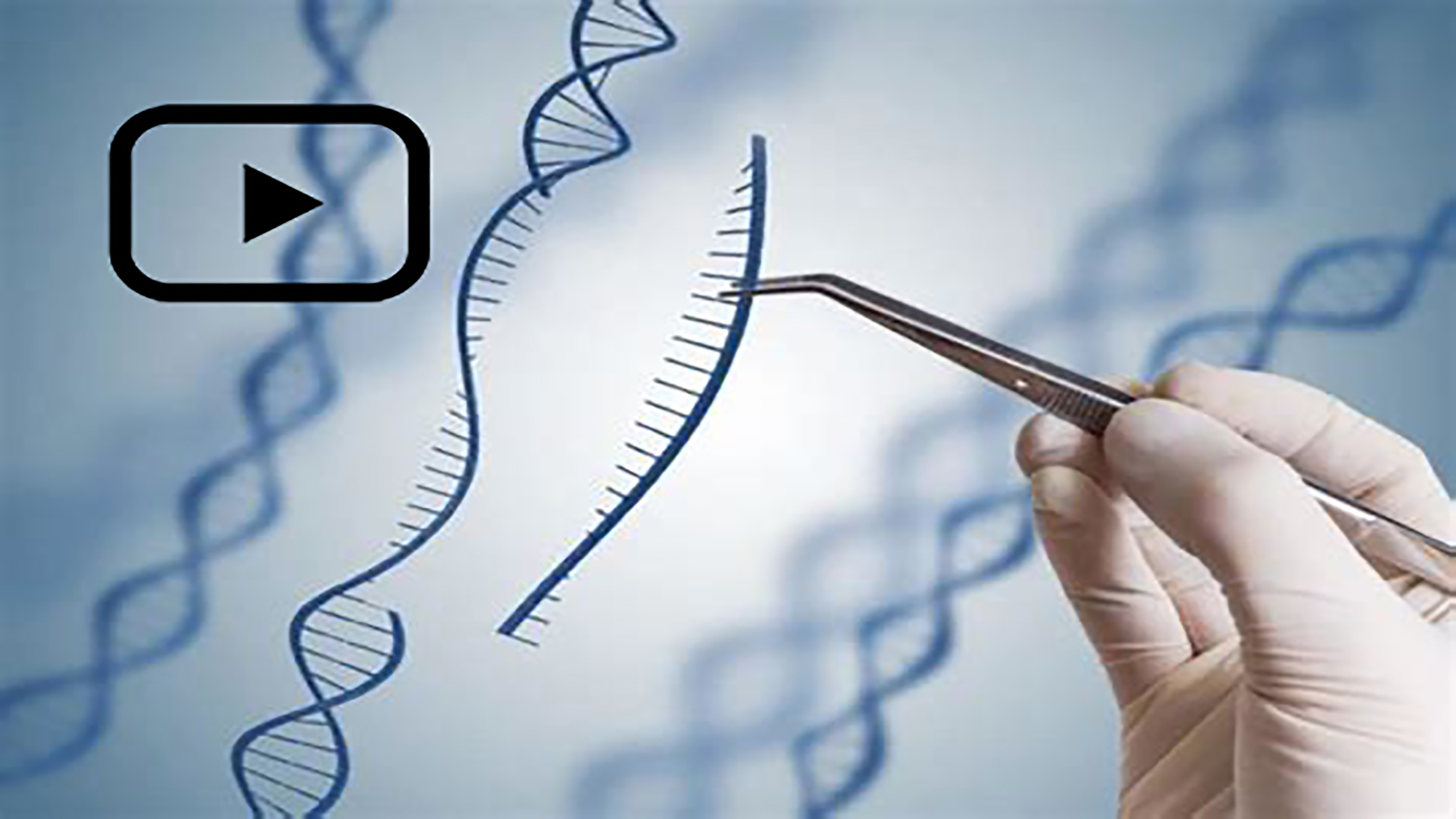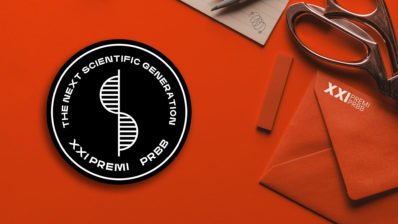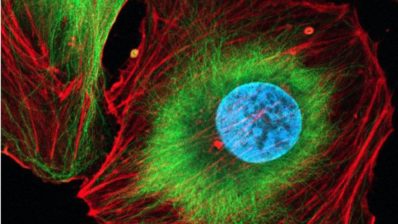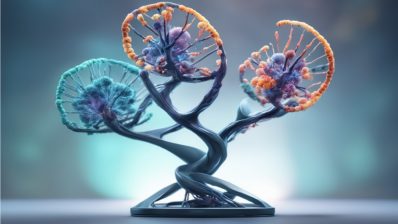Humanity has always attempted to understand its own origins and the origins of life. The human genome sequencing finally offered us a book to read the code that makes us human. Now, with potent gene editing technologies, we can even rewrite the living code.
Powerful technologies such as CRISPR have been rapidly extended around the world virtually without restrictions. How do we decide when and if we should use these new technologies, whose impact may be noticed in future generations? The edition of human genes has quickly become a point of interest for scientists, philosophers and common people. As a society we have to decide where we will let these technologies lead us.
In this video, Michael Pineda, PhD student at the Centre for Genomic Regulation (CRG), explains how CRISPR works. The talk of this young researcher was part of the first edition of the biennial City and Science (February 2019), an initiative that consisted of several activities of scientific divulgation, that were carried out in some of the most important institutions of Barcelona, like the Barcelona Biomedical Research Park (PRBB).






